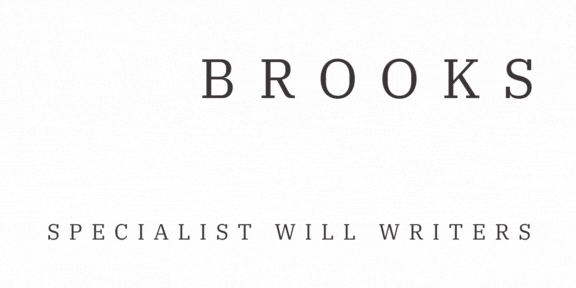When drafting your Will in England and Wales, it’s important to understand the intricacies of property ownership and how it can impact your planning. Without a clear understanding of these nuances, your wishes may not be carried out as intended.
What is property?
In the context of this article, property refers to interests in land. So we are specifically talking about real estate.
What are the ways to jointly own property?
There are 2 ways to jointly own property in England and Wales: As Joint Tenants, or as Tenants in Common. If you are Joint Tenants, then it is considered in law that you each own 100% of the property. If you are Tenants in Common then it is considered that you each own a respective percentage, E.g 50/50
Why does this matter for a will?
It matters for a will because jointly owned assets do not pass under a will. They pass by survivorship. If you and someone else own a property as Joint Tenants and one of you dies, then the survivor still owns 100% of the property. The deceased essentially just disappears from the Land Registry. This would be a problem to you if for example you were in your 2nd marriage with children from the first. If you died, then your share of your home passes to your surviving spouse, despite what your will might say. Your children may lose out.
If you own the property as Tenants in Common, then you each own a distinct share of the property. This share does pass through a will. However, the drawback is that the surviving property owner would only be entitled to live in their share of the house. Your beneficiaries may be in a position to force the sale of the property, making the survivor potentially homeless. From the perspective of the 2nd marriage example above, your children could make your widowed partner homeless.
What can I do about this?
There is a way of assuring that your beneficiaries can have their share of the house while your surviving partner continues to live there The first step is to sever the Joint Tenancy. We can make the application to HM Land Registry on your behalf. This would mean that your share of the house would pass under your will. The second step is to prevent your beneficiaries from being able to make your surviving partner homeless. To do this, it would be necessary to write a trust into your will. The trust would allow your sruviving partjer to live in the house as long as they wanted without fear of being made homeless. When they stop living there, the people you want to give your share to will then be entitled to it.
If you have any concerns about this then please give us a call.











